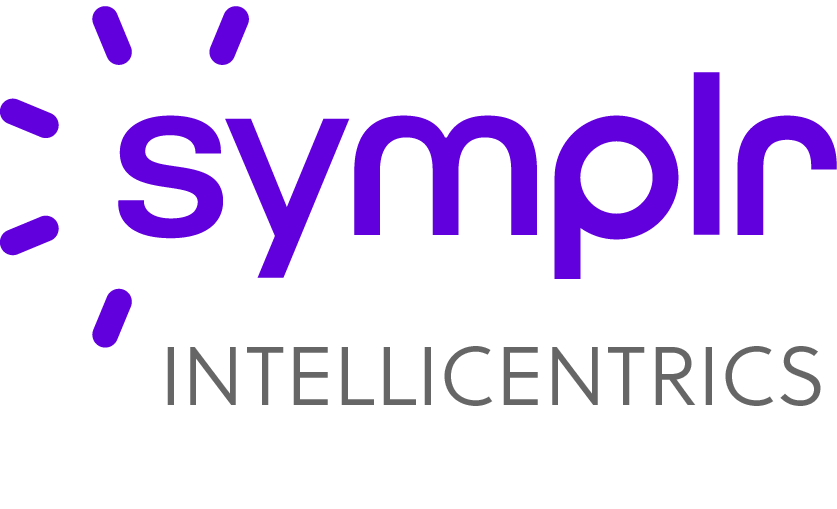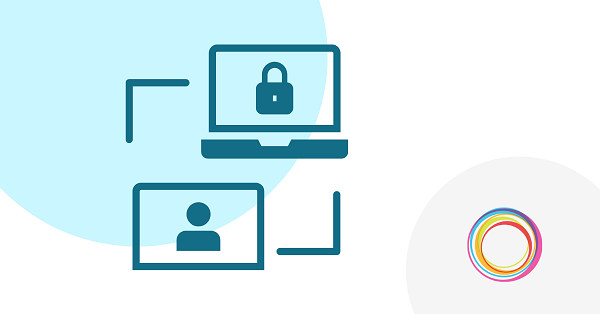Locations of care have strict provider credentialing requirements to improve patient safety. Although vendors rarely come into direct contact with patients, hospital vendor credentialing requirements have the same goal. Locations of care that lack a rigorous vendor credentialing process can be vulnerable to legal action should an unqualified vendor gain access to sensitive facility areas, enter the facility without adequate COVID screening, or otherwise negatively impact the patient experience.
For their part, vendors may have concerns with the hospital credentialing process and balk at the idea of providing personal information and other sensitive data, especially given the threat of data loss due to security breaches. Vendors need assurance that hospital vendor credentialing requirements only gather essential information and that personal data is securely protected.
Standardizing the Credentialing Process to Close Potential Gaps
Vendors provide essential supplies for patient care, ranging from medical equipment and pharmaceuticals to janitorial supplies and food. To deliver supplies and services, vendors must have access to locations of care, potentially bringing them into contact with patients and medical staff.
Vendor concerns include the impression that hospitals demand unnecessary amounts of personal information, that their right to privacy is under attack, or that the location of care cannot adequately protect sensitive personal data. Should any of these concerns prove valid, the location of care could find itself facing legal challenges.
Standardizing the credentialing process helps address vendor concerns. Vendors need to understand exactly what information is needed for specific regulatory standards and why, while having assurances that only data necessary to meet these standards is collected. A standardized hospital credentialing process that treats vendors equally and transparently reduces vendor concerns and builds trust in the necessity of vendor credentialing requirements.
Building Trust and Easing Vendor Concerns About Data Security
When bad actors access personal information, individuals become vulnerable to identity theft and fraud, and could choose to seek damages from the location of care. Your hospital credentialing process must take data threats seriously and make every effort to secure vendor and provider data.
The SEC³URE Ethos platform provides the data security necessary to protect vendor privacy. Upfront communication about vendor credentialing requirements and data security results in a net positive for all parties, increasing trust between vendors and locations of care.
How Improving Vendor Credentialing Benefits Providers, Vendors, Staff, and Patients
Improving vendor credentialing benefits all parties. Vendors can enter facilities with confidence they won’t run into compliance delays or be refused entry. Providers and staff can quickly identify vendors whether they are allowed in restricted facility areas. At the same time, patients benefit from the streamlined delivery of vendor products in a safe and timely manner.
The SEC³URE Ethos platform automates the hospital credentialing process while protecting the data of vendors and providers alike. Contact us for more information on how we can help standardize and optimize your vendor credentialing processes to protect against any legal liability proactively.




